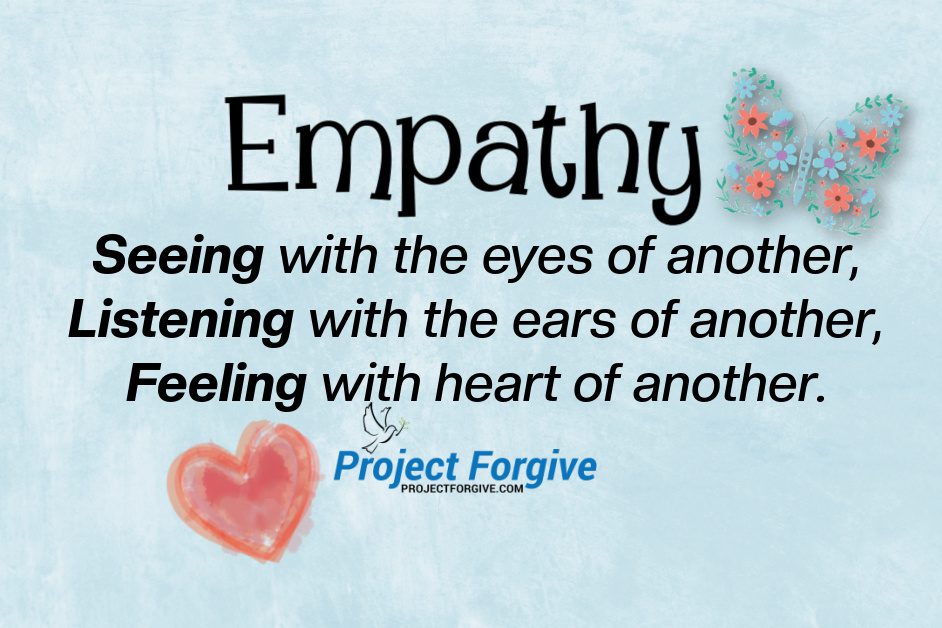You can be walking along, minding your own business then wham, somebody says something that sucks the breath out of you and has you spiral into shame.
You probably know the feeling really well. You feel extremely uncomfortable. Maybe you want to just disappear. Anger is another reaction, and so are deep feelings of unworthiness.
This isn’t a conversation of confidence. It’s a conversation of getting hooked, pulled into a deep feeling that leaves you in despair or feeling inadequate. You’re triggered.
We call it a shame train for a reason. It hits you sideways, it can last for a bit of time, then it subsides, and you go back on your merry way. But the thing is, it never disappears. It will show up again and again when the same feelings get hooked.
There are lots of definitions of shame and it’s usually clumped together with guilt. However, guilt and shame are very different. Guilt is about failing to live up to your values or integrity and you feel guilty because you may have missed the mark.
Shame on the other hand is intense and insidious. It’s an overwhelming feeling that there is something wrong with you, rather than you did something wrong. It has us feel unworthy and in the midst of a shame attack, we lose the ability to connect with others and ourselves.

Shame is complicated. So let’s start by unpacking shame from two perspectives: feeling shame with a total stranger and feeling shame with someone close to you.
I do Facebook Lives all the time on Project Forgive. It’s inevitable that strangers on a page that reaches millions weekly, will say something that hurts my feelings.
Such as:
“Who are you? Get off my feed.”
“Who do you think you are?”
“You are old and fat, stop talking.”
Harsh, and it really happens. I’m chuckling as I write this because strangers have lost their power to shame me. What I continually remind myself of? THEY’RE STRANGERS! I DON’T KNOW THEM!
My constant mantra for strangers who hit my shame train is: “Forgive them for they know not what they do. They don’t know what a loving, kind soul that I am. That don’t know I’m an exquisite caring grandmother, mother and wife. Forgive them, Dr. Shawne.”
And I fake it until I make it. To shift shame it takes practice. It’s not easy, and internal repetition works.
Now, what if the shame train comes from someone you care about and are in relationship with? Like with your mom?
For example, my mom might say to me: “Your hair looks terrible. I can’t believe you go outside like that.”
Ugg. And then the shame train is off and running. I can literally feel myself fold in.
It gets complicated with someone you love, doesn’t it?
Sometimes our initial reaction is anger with a loved one. We might react and say something like “You’re so mean! I hate you!”
Besides the self-talk with strangers, here’s what else you can do besides reacting with the person you love. We call it being shame smart.
First? Breathe and breathe some more. When we’re triggered or hooked into shame with loved ones we jump into our amygdala brain (our flight or fight response) and forget to breathe.
After you breathe, here are some possible responses to someone you love:
“Wow… It hurts when you talk to me like that.”
“Give me a second to catch my breath, your words really hurt.”
“Oh my. I’m feeling attacked and I don’t want to lash back. Give me a minute.”
“For some reason, I’ve let it be okay for you to talk to me like that. Dang, that hurts.”
These communication phrases are starter phrases. It takes time. In many instances we’ve trained the people we love to treat us a certain way and we’ve done it for years.
This by no way is meant to imply this shame is your fault. Not at all. And it will take a new skill on your part, a smarter way of communicating to shift that shame train when it happens with the people you love.
And of course, if you suffer from feelings of shame, we always highly recommend counseling to have a professional help you move through it. You certainly don’t have to do it alone.
Hang in there, practice, breathe, you got this. We’re definitely cheering you on as you try different ways to express your truth and shift shame.
If inspired, please share.
Related Articles:
Forgiveness Needed, How Can You Tell?
How to Respond When Someone Says “You’re Too Sensitive”




